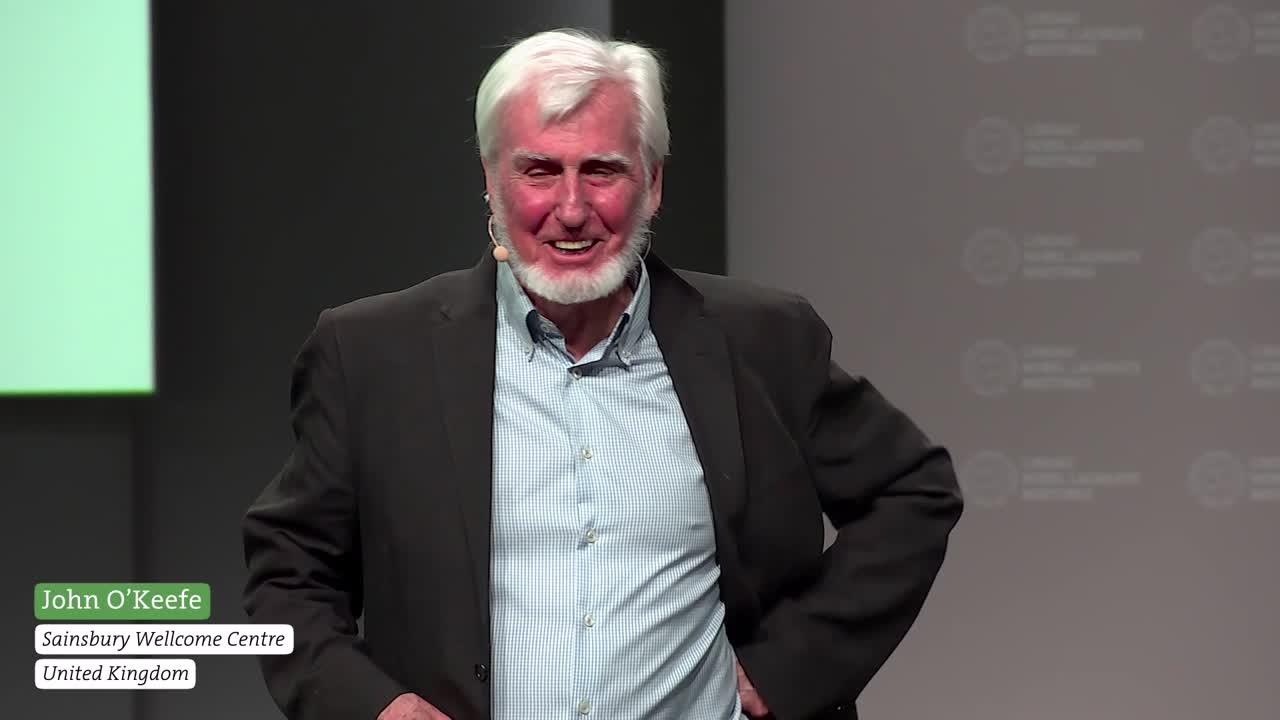Abstract
The hippocampal formation is the core of a navigational system which stores information about locations in a familiar environment and the objects they contain and enables animals and humans to navigate flexibly to desirable locations. In humans the system also provides the basis for the storage and retrieval of episodic memories. In my talk I will discuss the spatial cells in this part of the brain and show how information contained in the hippocampal place cells supports flexible navigation in a familiar environment. In addition, I will suggest how the system might underpin episodic memory in the human and how spatial language could be used to set up and retrieve hippocampal spatial representations.
Suggested Reading
Burgess N, Maguire EA, & O'Keefe J (2002) Human Hippocampus and Spatial and Episodic Memory. Neuron 35: 625-41.
O’Keefe, J (2003) Vector Grammar, Places, and the Functional Role of The Spatial Prepositions in English. In E.van der Zee and J. Slack (eds.) Representing Direction in Language and Space, OUP Oxford, UK pp 69-85. Available on UCL website
Jake Ormond and John O’Keefe (2022) Hippocampal place cells have goal-oriented vector fields during navigation, Nature, 607, 741–746. doi.org/10.1038/s41586-022-04913-9

